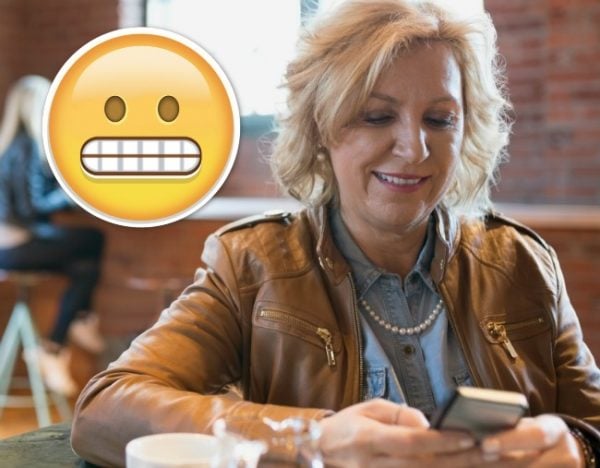
Whether we’re ready to admit it or not, emojis have become a part of modern language.
If you’re over the age of 30, you remember a language devoid of nonsensical images punctuating every text message, and increasingly so, email.
So, it could be argued that under-30s are the purveyors of our new emoji-centric language. Teens likely started using them before their parents, deciphering and then dictating their meaning.
Last weekend American author and journalist Katie Roiphe, wrote for The Weekend Australian Magazine, “There’s an art to using emojis. And if you’re over 30, you don’t know it.”
Roiphe discovered while teaching an undergraduate class that she had indeed been using emojis ‘wrong’.
A 13-year-old she spoke to for the story, said she litters her texts with fish and ghost emojis – not because they mean anything – but to convey a mood.
The issue with over thirties, in Roiphe’s words, are that “adults seem weirdly wedded to meaning, to the idea of saying something specific.”
POST CONTINUES BELOW: Over-thirties, Holly Wainwright and Mia Freedman discuss their emoji use with twenty-something Jessie Stephens.
She uses the example of a mother who sends her daughter a text messages with, “Can you walk the dog?” followed by an entirely redundant dog emoji.

